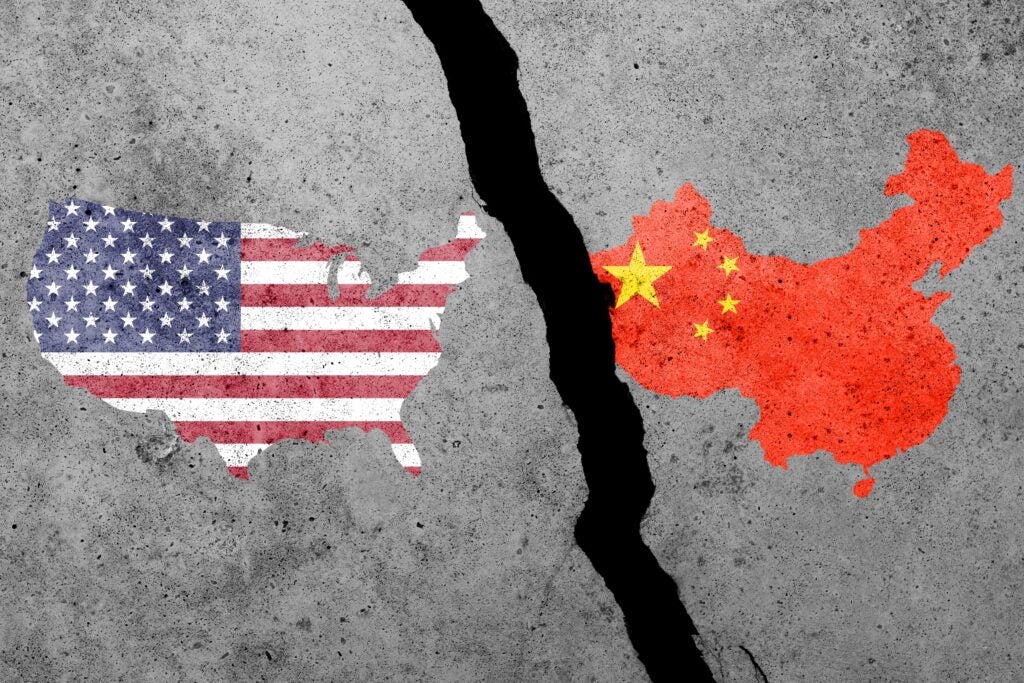
Chief Investment Strategist at Piper Sandler, Michael Kantrowitz, throws light on the direction of the U.S.-China trade deal and weighs in on the possibility of recession.
What Happened: Michael Kantrowitz, Chief Investment Strategist at Piper Sandler, suggested in a discussion with CNBC’s ‘Closing Bell Overtime’ on Tuesday that the market’s primary focus remains on U.S.-China relations, regardless of the Trump administration’s attempts to isolate China.
President Trump’s tariff rhetoric has been a significant market sentiment driver. He has proposed reducing tariffs on Chinese goods from the current 145% to approximately 60%, a suggestion that markets have accepted at face value.
However, Kantrowitz cautions that the market is shifting from a “hearing is believing” mindset to demanding concrete actions. With a 90-day tariff window on the horizon, investors are left in suspense about when they will receive clarity.
Kantrowitz reportedly told CNBC, “We do expect Trump to reduce China tariffs near 60% in the coming weeks, which could be the last big upside catalyst for a while.”
Kantrowitz describes the current economic climate as an “economic suppression” rather than a typical recession, driven by uncertainty surrounding future trade policies. He contends that the dependence on rhetoric cannot last indefinitely, and that markets will soon require concrete results.
“Interest rates have been fairly well behaved, albeit flat, for the last couple of years, and oil prices are at a multi-year low. So, you know, putting that aside, the economy should be pretty good right now,” explained the Chief Investment Strategist.
Why It Matters: The ongoing U.S.-China trade dispute has been a significant market influencer. The reported push towards the appointment of special envoys by Presidents Donald Trump and Chinese President Xi Jinping could potentially pave the way for communication channels and facilitate resolution.
However, the market’s focus on China has overshadowed other significant trade dynamics. As Bill Ackman, billionaire hedge-fund manager, pointed out, the tariffs are likely to be a “one-time reset” rather than a new wave of inflation, suggesting that the market may be overemphasizing the impact of U.S.-China relations.
Interestingly, Paul Tudor Jones, another billionaire hedge fund manager, believes the U.S. economy is either in or near recession, indicating that the market may need to broaden its focus beyond China. He also stated to CNBC Squawk Box on Tuesday that the stock prices could hit new lows even if the U.S. reduces tariffs on China to 50%.
Invesco QQQ Trust, Series 1 QQQ surged 13.62%, while SPDR S&P 500 ETF SPY climbed 10.79% over the past month since Trump’s ‘Liberation Day’ tariffs.
Image via Shutterstock
Disclaimer: This content was partially produced with the help of AI tools and was reviewed and published by Benzinga editors.
